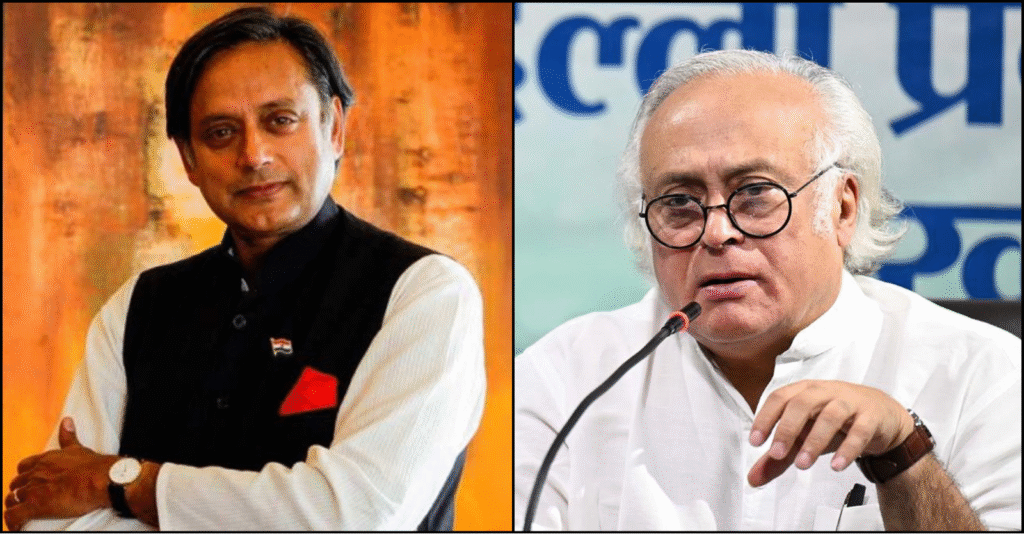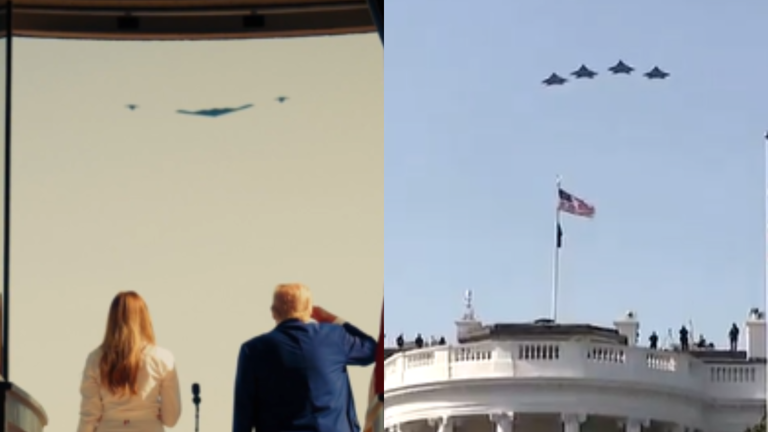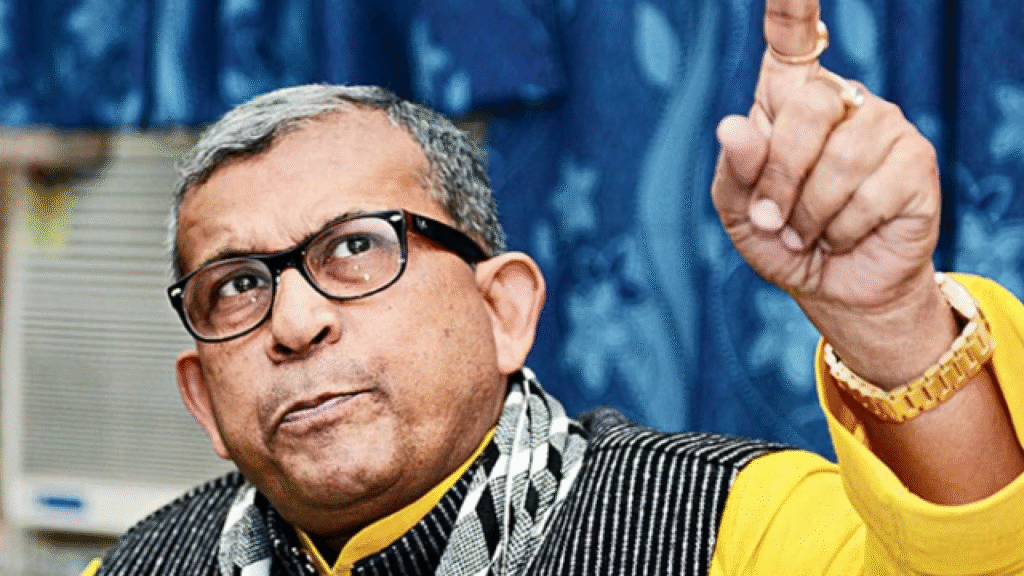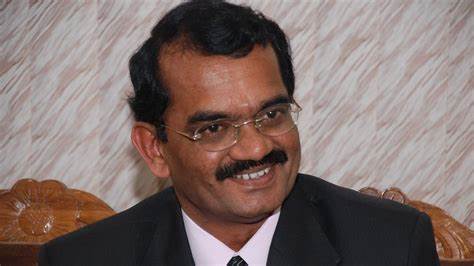After the Pahalgam Terror Attack, India’s Global Anti-Terror Campaign Takes Shape
After India launched Operation Sindoor—a military response to the deadly terror attack in Pahalgam on April 22, 2025—the central government announced the formation of a 59-member all-party delegation of MPs. These MPs, alongside key diplomats, will travel internationally to brief governments, civil society, and influential global leaders about the motives and execution of Operation Sindoor.
The delegation’s primary aim is to amplify India’s voice on the global stage, counter Pakistan’s narrative, and press for diplomatic and financial accountability of nations and institutions that have supported or tolerated terrorism. The delegation will highlight Pakistan’s long-standing support for cross-border terrorism, using India’s zero-tolerance anti-terror stance as the main theme. Each of the seven separate MP groups is being sent to a specific region, with prominent leaders like Shashi Tharoor (Congress) and Supriya Sule (NCP-SP) leading their respective delegations. These meetings will include conversations with foreign ministers, parliamentarians, policymakers, and media representatives in the US, UK, France, Germany, Japan, and the Middle East, among others.
Operation Sindoor | Centre has released a list of 59 MPs who, along with diplomats, will lead India's voice globally. Here's a report#ITVideo #Politics #OperationSindoor #Diplomacy | @AnchorAnjaliP @JournoAshutosh pic.twitter.com/PdCGL4GYN7
— IndiaToday (@IndiaToday) May 18, 2025
Inside Operation Sindoor: The Context Behind the Global Push
India launched Operation Sindoor in response to the April 22 Pahalgam terror attack that claimed 26 innocent lives. The operation, carried out between May 7–10, 2025, involved precision ballistic missile strikes on terror camps and infrastructure in Pakistan and Pakistan-occupied Jammu and Kashmir (PoJK). These sites were reportedly linked to militant organizations like Jaish-e-Mohammed, Lashkar-e-Taiba, and Hizbul Mujahideen. India’s security and intelligence community indicated that the strikes neutralized over 100 terrorists, severely damaging Pakistan’s proxy war infrastructure. The strikes were designed to send a strong message while limiting civilian casualties and avoiding escalation into full-scale war.
According to Indian officials, this international outreach is not just about justifying the strikes, but about repositioning India as a global leader in anti-terrorism diplomacy. The delegation is also tasked with explaining how India’s response followed international legal frameworks and targeted only verified militant infrastructure. This campaign also has a secondary goal: to undermine support for Pakistan in international forums such as the United Nations and IMF, where financial and humanitarian support often overlooks the recipient country’s terror affiliations.
Congress vs Government: Political Dispute Over Delegation Turns Headlines
While the international community watched India’s diplomatic surge with interest, domestic politics quickly turned turbulent. The Congress party criticized the government for only selecting one out of four names it had proposed for the delegation. Surprisingly, Shashi Tharoor, a Congress MP, was picked to lead the U.S. delegation despite not being on Congress’s original list. Congress General Secretary Jairam Ramesh accused the government of “playing cheap political games” and lacking sincerity. He demanded that Prime Minister Narendra Modi personally chair an all-party meeting and convene a special Parliament session to discuss Operation Sindoor comprehensively.
Behind the scenes, internal missteps within Congress also emerged. The party’s communication team failed to include Tharoor—widely viewed as an ideal candidate with international credibility—in its suggestions. This omission was widely seen as a miscalculation, especially given that the government had already signaled Tharoor’s likely inclusion. Eventually, leaders like Salman Khurshid, Anand Sharma, Amar Singh, and Manish Tewari—all senior Congress figures—were added to the delegations.
Congress proposed 4 names
— Mr Sinha (@MrSinha_) May 17, 2025
-Anand Sharma
-Gaurav Gogoi
-Naseer Hussain
-Raja Brar
GoI picked 4 names
-Shashi Tharoor
-Anand Sharma
-Salman Khurshid
-Manish Tewari
These all 4 are former MEA/Union Ministers/Diplomats..
Now it will be interesting if Congress highcommand allows…
Initially, some of them hesitated to participate without formal party approval. But Jairam Ramesh later confirmed that the Congress would support its members joining the outreach, citing national interest. This episode reflects both the internal communication lapses within Congress and the ongoing friction between the ruling NDA and the opposition, even in matters of national security. However, it also reveals how international diplomacy can temporarily bridge internal political divides—at least in appearance—when national image is at stake.





















